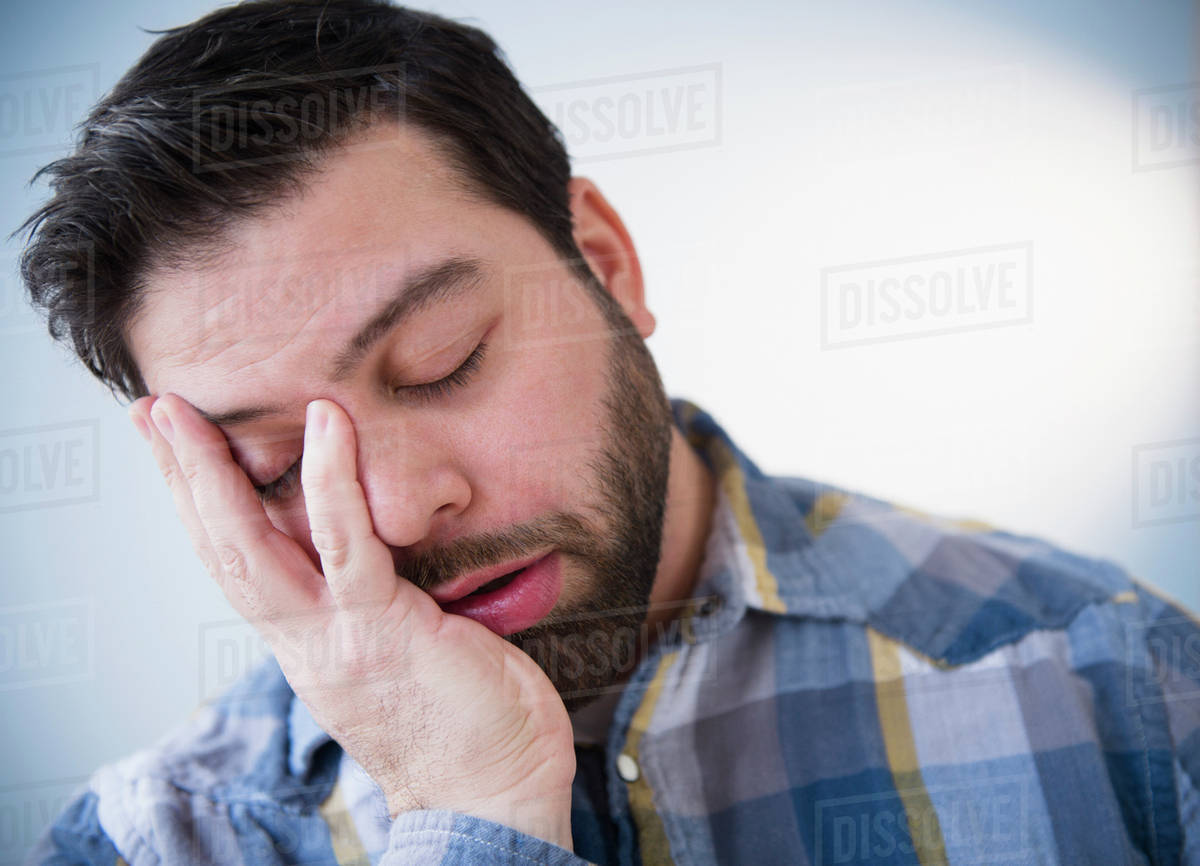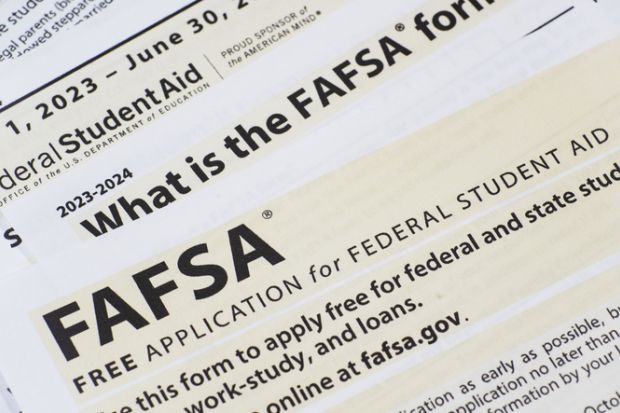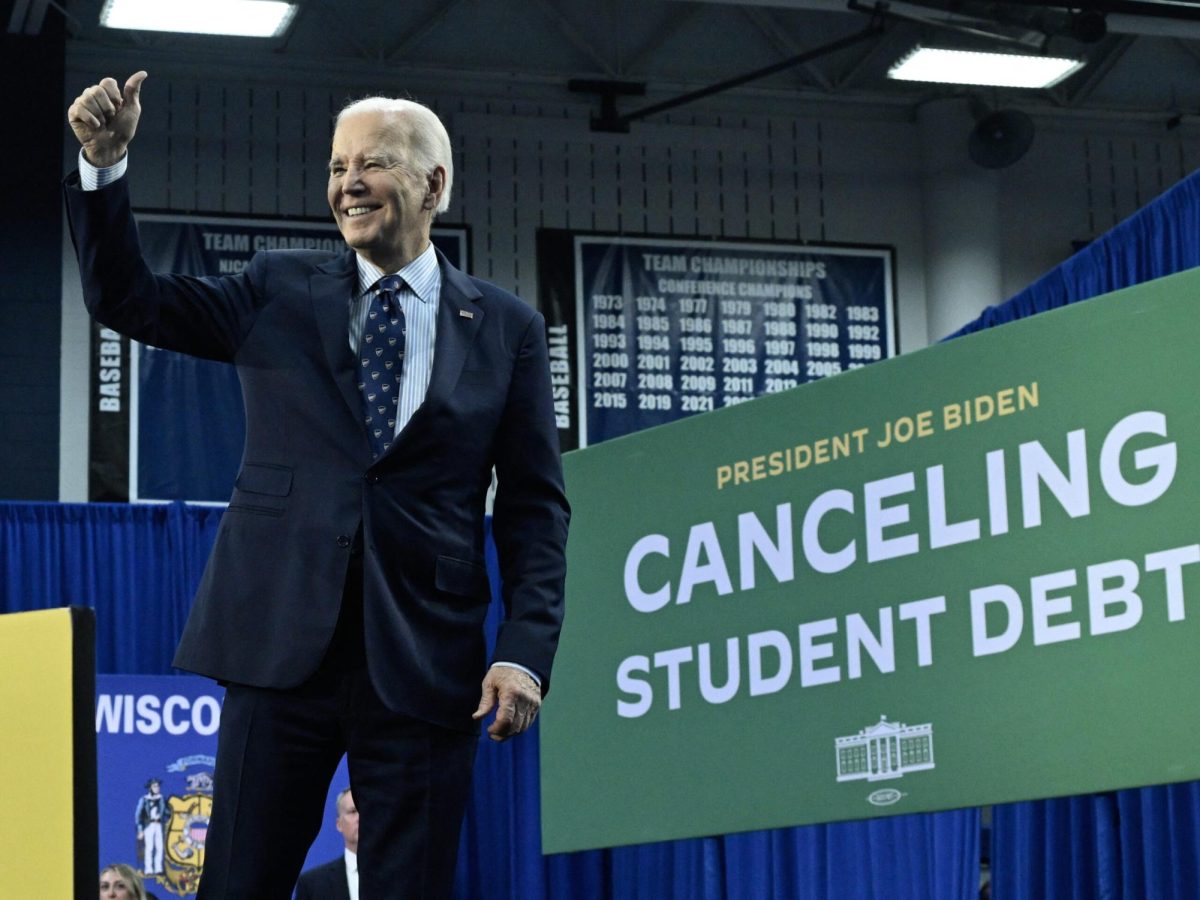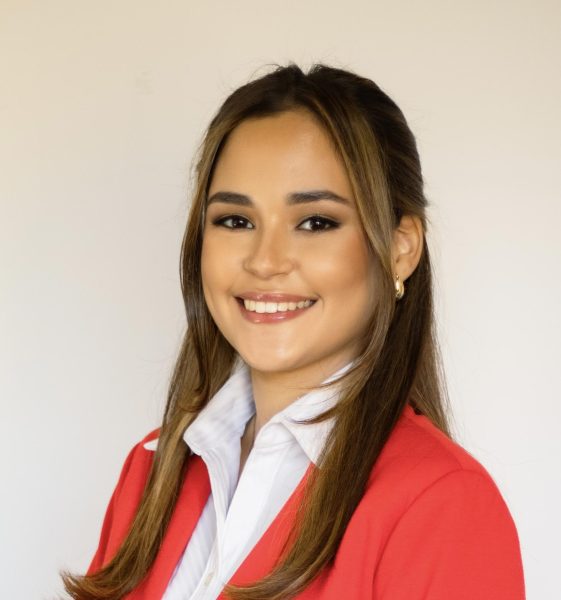Luis, who for legal reasons cannot share his last name, was born and raised in Venezuela, a country on the northern coast of South America.
He lives in New York now, legally or illegally, depending on what an immigration lawyer says that day. He stays under the radar, cautious about his reality and waiting for paperwork to clear. He may be the most educated man delivering takeout in New York City, as he holds a medical degree in his home country.
He reached out to The Impact, wishing to share his story, about how he can’t practice medicine in this country like he was trained to do, and how he and others like him are treated, like lowly food service workers who are perceived as uneducated.
He waits. All he can do is wait.
***
The United States recognized and established diplomatic relations with Venezuela in 1835, according to the U.S. Department of State.
Luis expressed his frustration, “The United States has always been involved in our government, but sadly, they don’t do enough about the current leader, Nicolás Maduro.”
Maduro’s leadership has sparked intense controversy. He has faced severe criticism for alleged authoritarianism, with accusations of suppressing political dissent and undermining democratic institutions against his government. The 2015 to 2016 Venezuelan protests, fueled by both political and economic concerns, threw the nation into a deepening economic crisis accompanied by shortages of food and medicine. Moreover, these events exacerbated political polarization and heightened allegations of governmental authoritarianism.
Luis reflected, “Back then, people still had hope. Nicolás Maduro was beginning his ‘presidency,’ as I like to call it because, in reality, it’s less democratic than ever. People were still fighting for their rights. I had hope, and I was finishing high school. I decided to go to med school.”
The U.S. government has shown involvement in Venezuela by providing aid to the people, promoting civil society, and strengthening democratic institutions. They have also allocated nearly $2.8 billion in humanitarian development, the economy, and health assistance to support Venezuela’s growth.
Luis holds a nuanced view of his government and said, “I understand that the United States has tried to help, but sadly, the men in power don’t allow the people to receive that help. Their greed overshadows everything. I have a certain admiration for them. They’re cunning, they’ve never been caught.”
Luis, a perceptive individual, described himself as a minimalist. In Venezuela, he said, “I was in the middle class that you can imagine. Some were better off, and some were worse.”
Luis grew up content with what he had, alongside his sister, who left for the United States after finishing high school, believing there was no future for their home country. For privacy reasons, Luis prefers not to mention his sister’s name.
Luis, patient by nature, possessed a natural aptitude for the sciences. At the age of 17, he decided to pursue a career in medicine. Why medicine? It was his way of contributing to the greater good, a down-to-earth path to securing a better future.
One of Luis’s most defining moments in his medical journey was the COVID-19 pandemic. “It was one of the hardest times I’ve ever lived through. The virus itself was devastating. Imagine not having the resources to treat your own people. I felt frustrated. Hopeless. We were all like that.”
He continued, expressing how he felt alone, even among his mentors. Venezuela’s political and economic crisis exacerbated the situation, causing shortages of medical supplies, equipment, and healthcare personnel. Hospitals struggled to cope with the increasing number of patients.
Luis added, “The government’s lack of empathy was truly evident during the pandemic. They embezzled money ruthlessly, not even bothering to hide it anymore. Many doctors refused to work. They weren’t being paid, and if they were, it was a pittance.”
The average salary of a doctor in Venezuela dwindled to just $23 per month.
Venezuela’s economic crisis, plagued by hyperinflation and instability, had a devastating impact on the salaries of professionals, including more than just doctors.
Luis vividly recalls the heartbreak of watching children die in the hospital where he worked during his residency. He said, “It was heartbreaking to see children die because of our lack of resources. It’s a feeling of powerlessness. What was I supposed to do?”
Nevertheless, Luis persevered. He graduated and made his parents proud. He decided to focus his thesis on the impact of Venezuela’s political and economic crisis on the mental health of young doctors, especially in such challenging conditions.
Luis explained how medicine is different in a country like Venezuela, where resourcefulness takes precedence over extensive technology. He made it work, as many people in third-world countries do who become skilled and compassionate doctors.
After he graduated, Luis faced a dilemma. His sister was in the United States, where she was experiencing success, but Luis felt hopeless. He said, “I didn’t study medicine for money, but I still need to eat, and my family has to eat. That’s something that just weighed on my mind.”
Luis’s girlfriend, also a doctor, joined him on a visit to his sister.
When he arrived in New York, Luis decided to explore opportunities. He wanted to understand if the “American Dream” was attainable. While he was fortunate to arrive by plane, many immigrants lacked secure means to migrate to the United States.
Luis said, “I honestly just hopped on the plane, and stayed here as any other immigrant.”
Luis, presently residing in Queens, New York, found employment in a restaurant delivering takeout. It’s a poignant reality that he earned a higher income in this role than he would have as a doctor back in his home country of Venezuela.
He reflected, “It has undeniably been a profoundly challenging experience. I consider myself an educated individual, yet the necessity of working in my current capacity, despite being a qualified doctor, has been emotionally taxing.”
He added, “I often encounter disheartening situations where individuals, unaware of my professional background, subject me to disdain and even hostility. Sadly, my qualifications and expertise often go unnoticed, a consequence of the dire circumstances in my home country.”
Luis has now spent over a year in New York, and his journey has been filled with a myriad of challenges, both culturally and emotionally. Yet, he finds solace in the unique diversity of New York City.
He still holds onto the profound hope of someday being able to work in his true passion. Saving lives.
He continues to tirelessly work to support his family and amass the funds required to navigate the labyrinthine legal processes of his new life in this foreign land. Despite the many heart-wrenching trials he has faced, Luis remains unwavering in his resolve.
He wouldn’t change a single moment. He embarked on this journey fully aware that the path of an immigrant is fraught with hardship. Luis’s story is a poignant testament to resilience and determination, and he emotionally professed, “I have no regrets about coming here. I would do anything, as long as I bring food to the table .”










